

22 June 2023
For our July Spotlight focus on supervision, EMCC UK’s Director for Supervision Practice, Paul Heardman, selects five books which explore different ways that coaches and mentors can benefit from supervision.
As coaches or mentors, we understand the value of being professionally trained. But how common is it that we receive training on how to be a supervisee? Knowing how to leverage the supervision process is a key skill for those of us who are professional helpers. Supervision can resource us to be at our best, help safeguard the interests of our clients, and further our ongoing development. Most books about supervision are written by and for other supervisors. Not many focus on the supervisee’s perspective, and what coaches or mentors may be curious to know about supervision. So here are five which do just that.
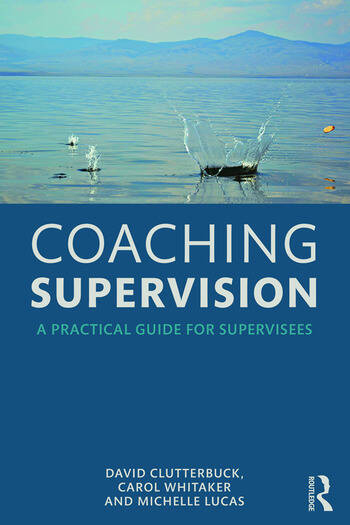
Coaching Supervision: A practical guide for supervisees by David Clutterbuck, Carol Whitaker and Michelle Lucas
This book demystifies the supervision process by offering clear descriptions of the different purposes and benefits of supervision. It explores the importance of supervision not just for us as coaches ourselves, but also for our clients. We learn how supervision can improve the quality of the coaching we offer. There are useful chapters on how to choose between 1-2-1, group and peer supervision, and on what different styles of supervision approach – such as Gestalt or systemic constellations – can offer. There are great insights on how to be a supervisee, how to prepare for supervision, and the links to ongoing reflective practice. We are also guided through the important topic of how to choose a supervisor. This is one of my favourite books on supervision – it is one I’ve returned to time and again.
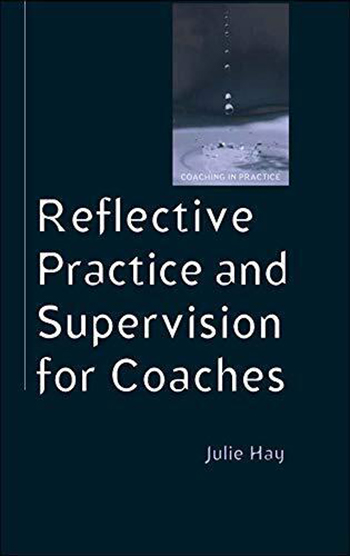
Reflective Practice and Supervision for Coaches by Julie Hay
Julie Hay guides us through the close links between effective supervision and reflective practice. She shows how supervision supports both reflection-in-action and reflection-on-action – and the key role both these aspects play in developing our practice. Hay explores how psychological processes such as transference and projection impact the supervision relationship, and how we can learn as supervisees to become more aware of these. Hay offers transactional analysis as a useful frame, revealing how parent-child dynamics can show up in supervision, and how to manage these. This book is particularly good at unpacking the different aspects of contracting, including the ever-present need to attend to the psychological contract, both in supervision and in coaching.
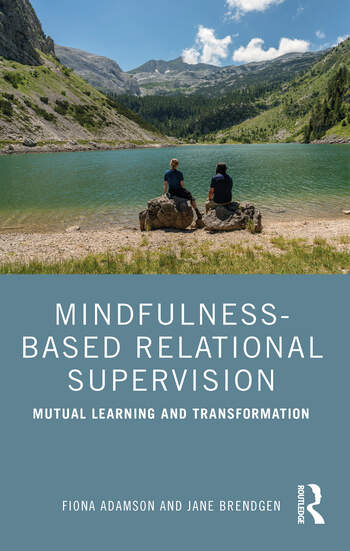
Mindfulness-based Relational Supervision by Fiona Adamson and Jane Brendgen
We are offered here a rare fly-on-the-wall glimpse into the intimacy of a real-life supervision relationship, with its joys and, at times, challenges. It is written by both a supervisor and her supervisee, who take turns describing their perspectives on the supervision process. This provides a powerful reminder that the heart of effective supervision – as in coaching and mentoring – is the working alliance. The authors get to the core of what it means to be relational, including how it demands authenticity and a willingness to be vulnerable. We witness also the potential for transformation in working with the ruptures which can sometimes occur in supervision. A chapter called ‘Coming Home to Ourselves’ sums up the essence of this book’s message.
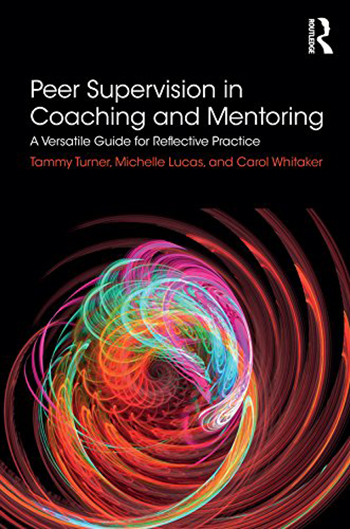
Peer Supervision in Coaching and Mentoring by Tammy Turner, Michelle Lucas and Carol Whitaker
Peer supervision can be a great addition to a coach or mentor’s reflective practice. But it also comes with pitfalls and risks, not least the ever-present challenge of slipping into ‘cosiness’ or collusion. So this book is a valuable resource in showing how to set up peer supervision relationships well, including the need for clear and continual contracting. The book looks at how to handle ethical issues which can arise in peer supervision. A key message is that peer supervision alone cannot be a substitute for professional supervision (which chimes with the EMCC’s own guidelines on supervision). But done well, it can form part of an important part of a coach’s or mentor’s wider reflective practice. If you rely on peer supervision as part of your practice, this book is recommended reading.
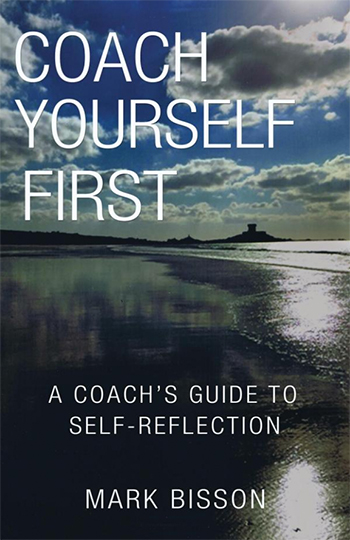
Coach Yourself First: A coach’s guide to self-reflection by Mark Bisson
Author Mark Bisson shows here how good supervision depends on the quality of the reflection we bring to it. He explores different theories and models of self-reflection and how these can enhance our own ‘internal supervisor’. We learn about different creative approaches to self-reflection – including, for example, how poetry and art galleries can open up new insights about our client work and indeed ourselves. The book unpacks how supervision supports self-reflection, and indeed vice versa – the better our self-reflection, the more value we will gain from our supervision. Overall, this book is a great reminder that if we turn up to our supervision saying, ‘I’ve nothing really to bring today,’ it probably means we haven’t truly engaged in self-reflection.
Are you wondering about how to get more from your own supervision? If so, check out this month’s edition of the EMCC UK’s Conversation with Authors on 2 August. Erik de Haan will be discussing his new book, Being Supervised: a guide for supervisees. Book your place here.
Image by Ben Iwara on Unsplash